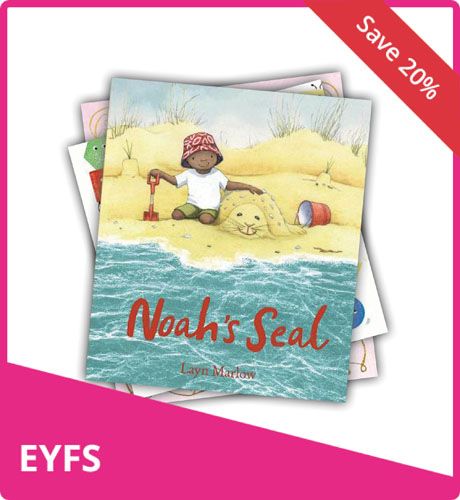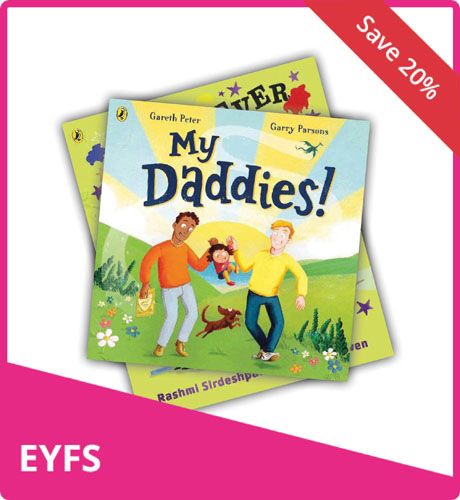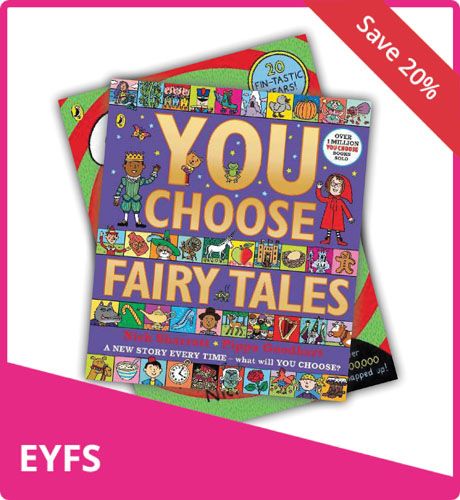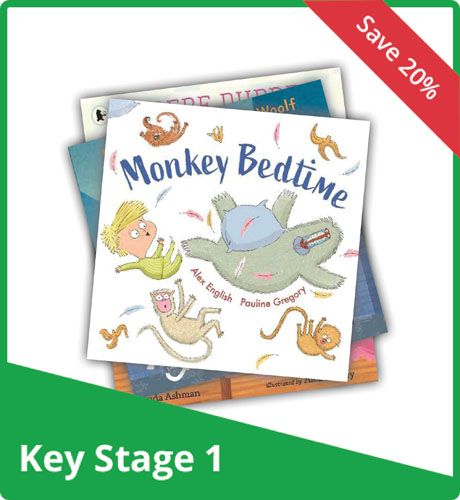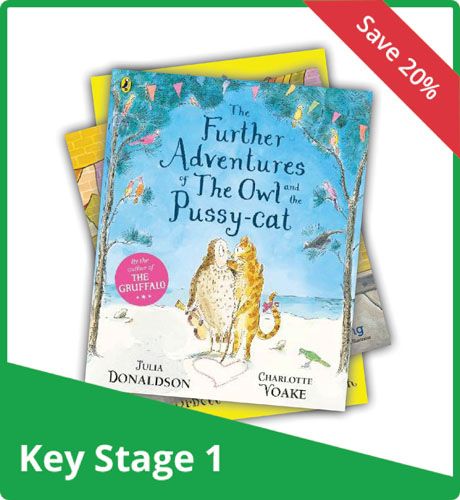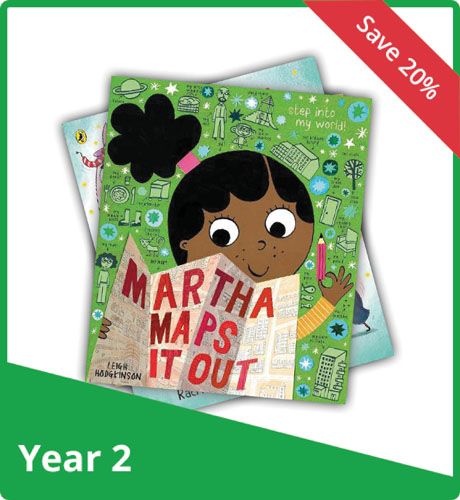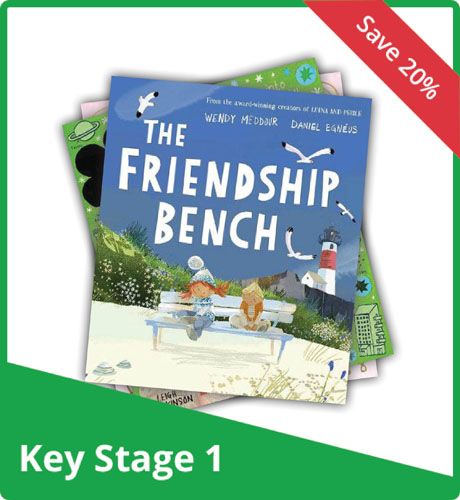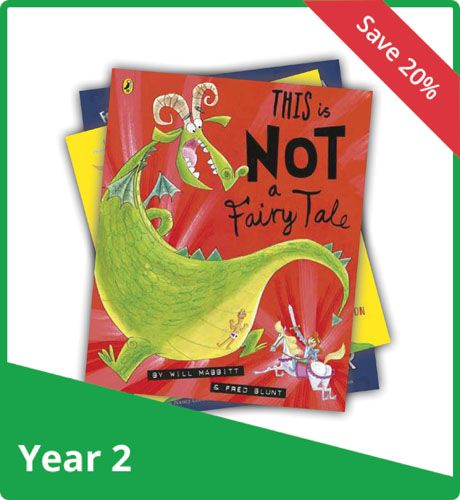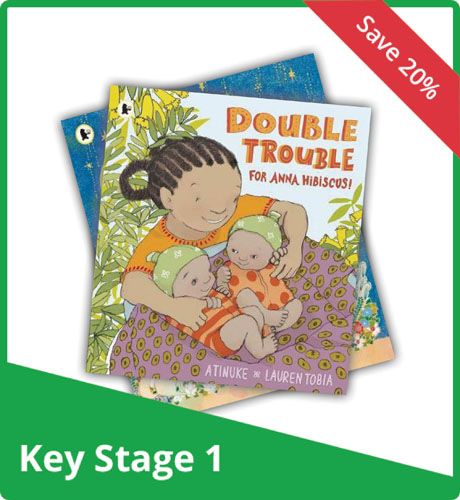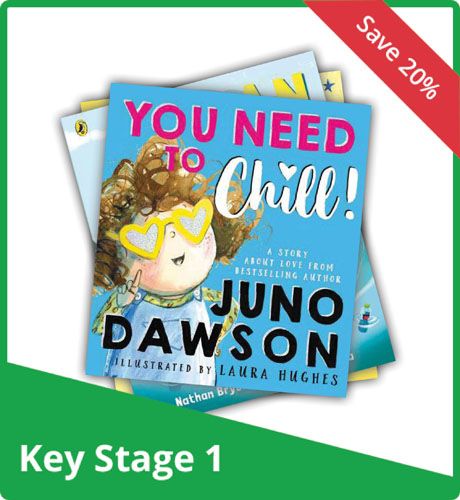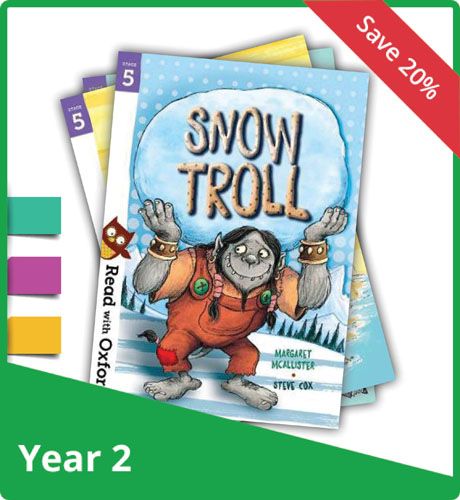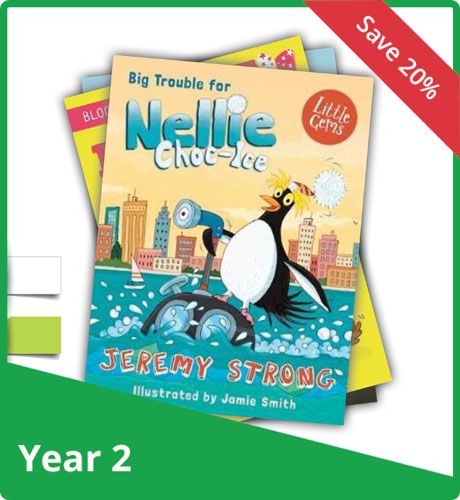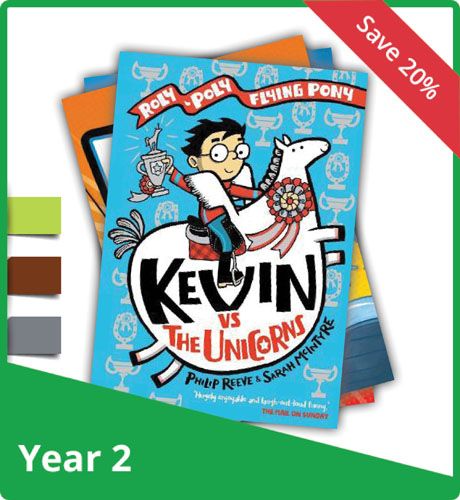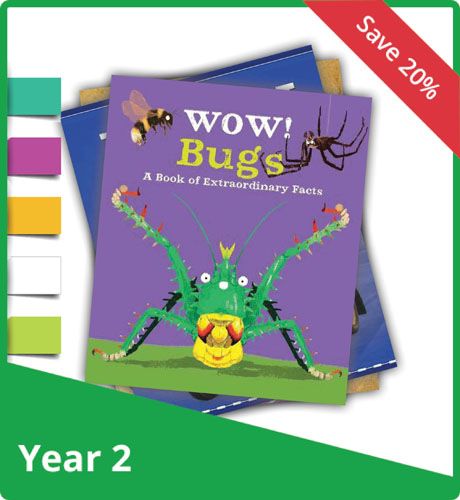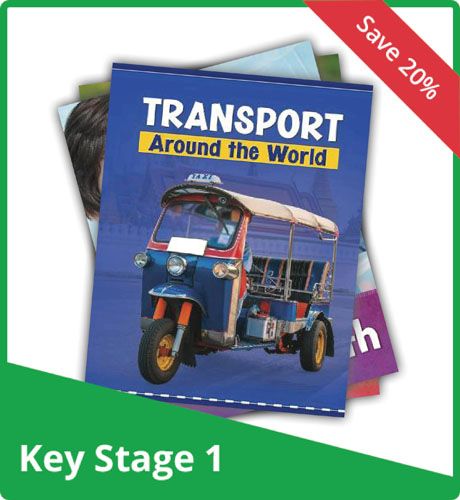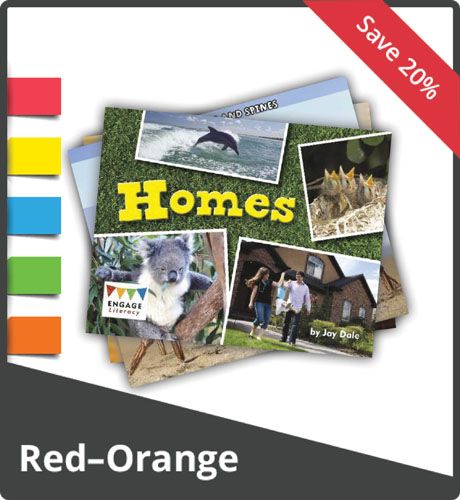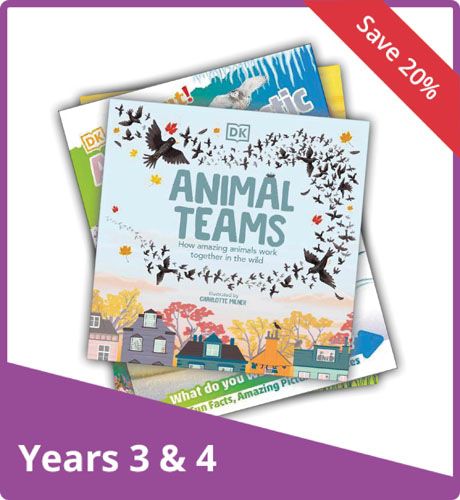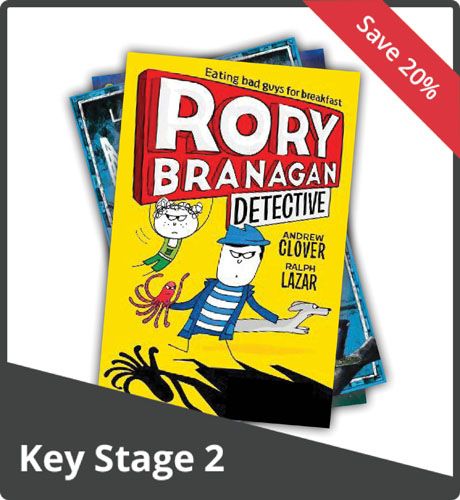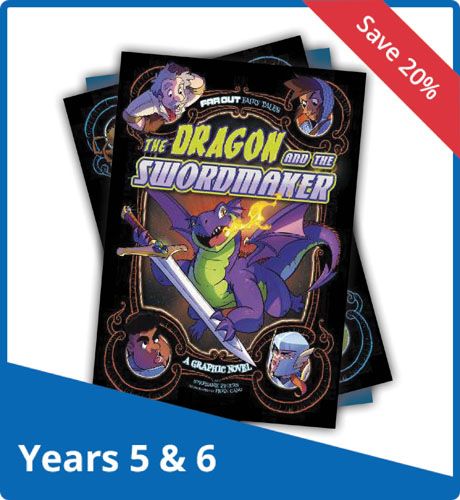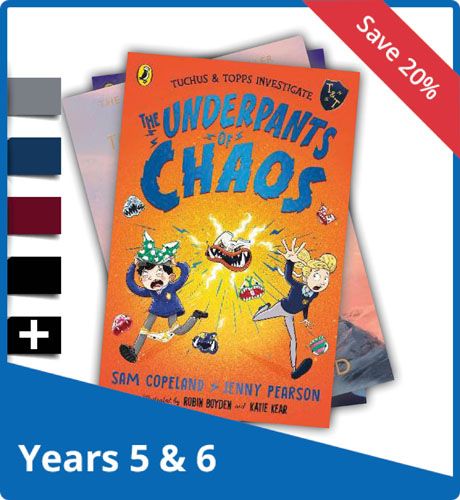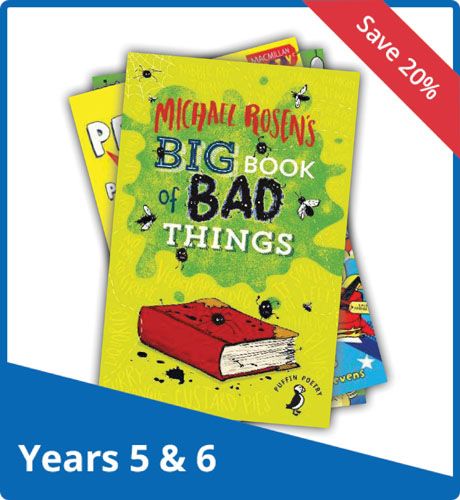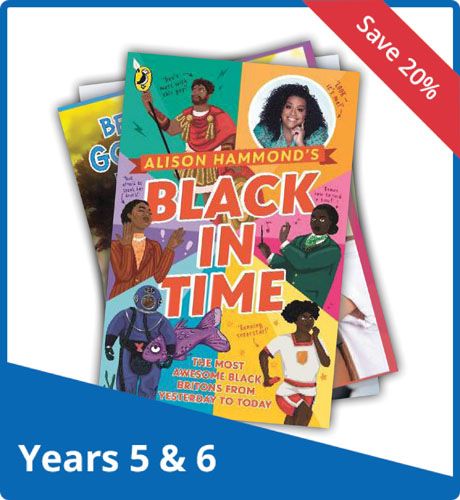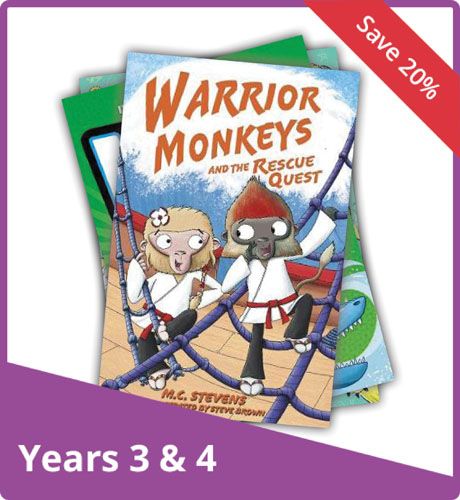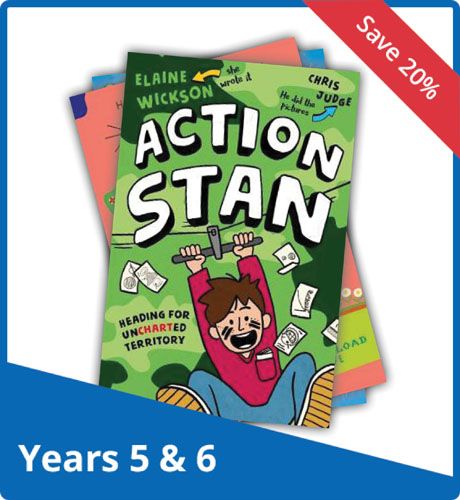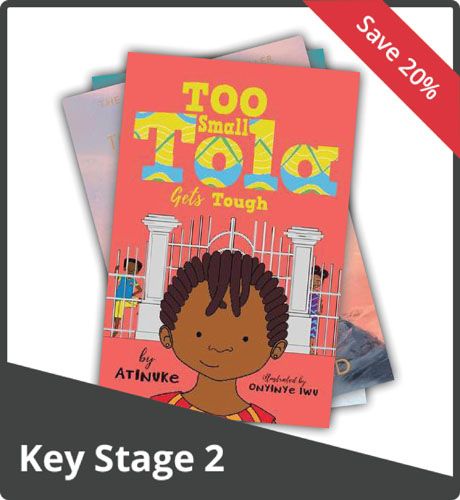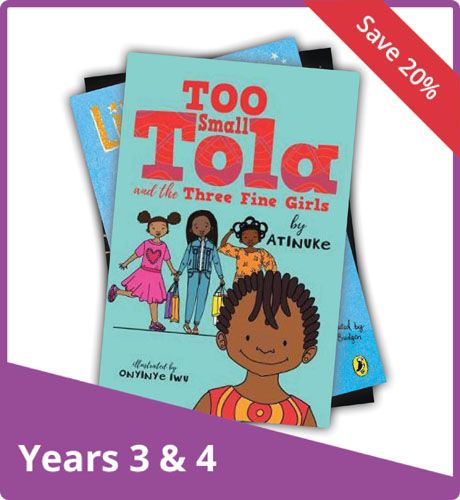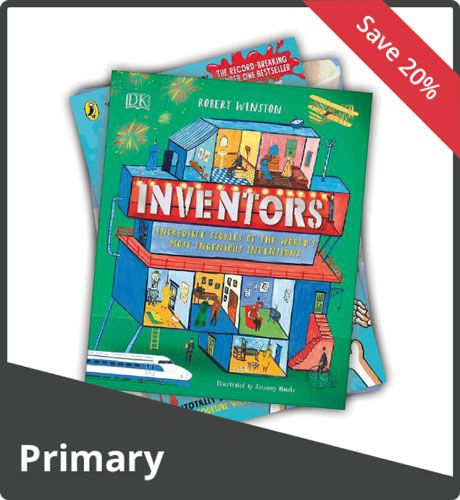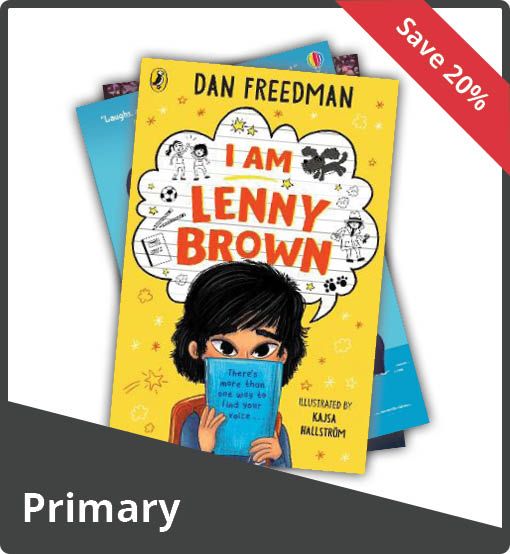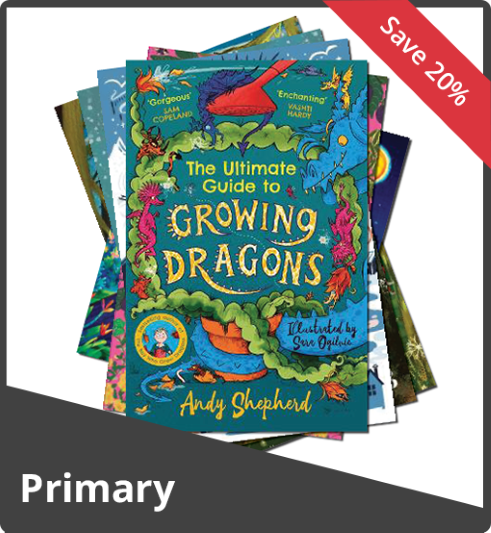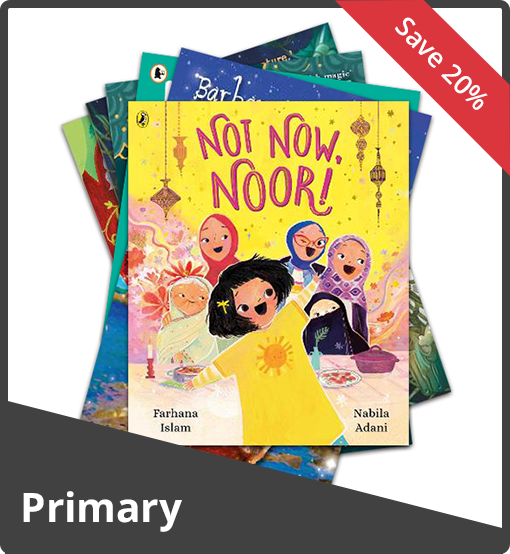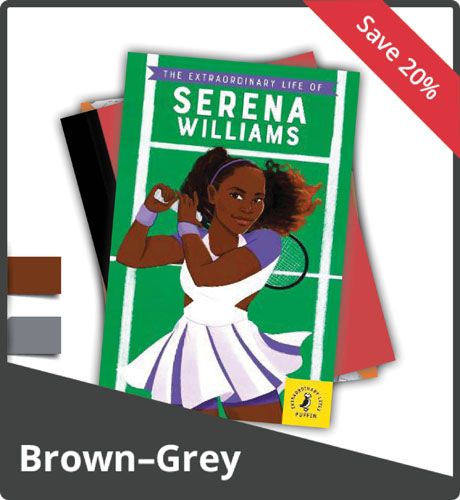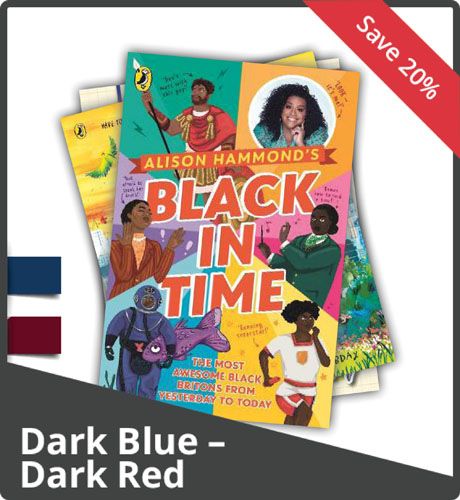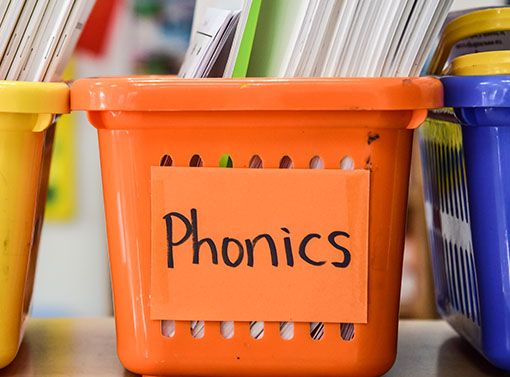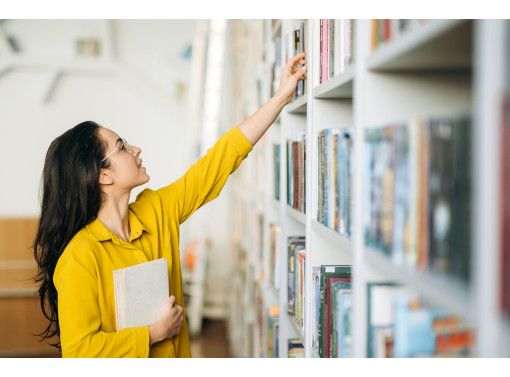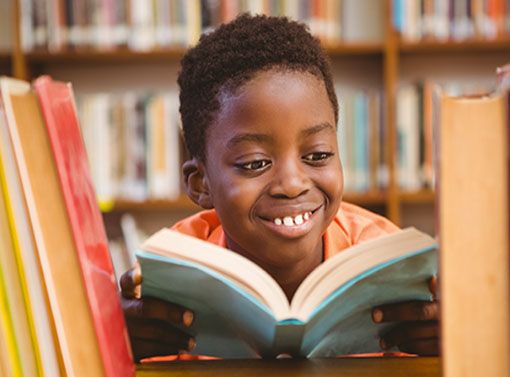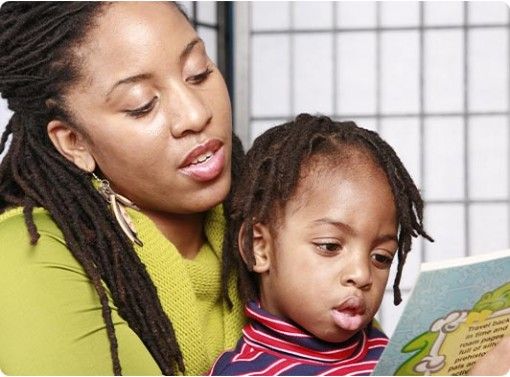Books to Support the Reading Framework (July 2023)
The updated Reading Framework (Department for Education, July 2023) sets out guidance on the teaching of reading in schools. It draws on the latest research into effective methods of teaching literacy in schools, the importance of reading and the huge impact that reading for pleasure can have on children’s success in life, whatever their backgrounds. This blog is aimed at helping teachers and school leaders easily source fantastic books and resources that support the current guidance and organise them to effectively promote reading for pleasure in school.
Pandora Books has been reading, assessing and collating collections of the best children’s books for use in primary schools for over 30 years, and we have books to support the whole reading journey from EYFS to Year 6.
We offer books from the leading educational publishers of systematic synthetic phonics programmes, together with accompanying SSP resources. Alongside and beyond phonics, we have collections of books to support children’s language development, encourage the joy of reading, understanding the wider world, value and recognise familiar experiences, and discover lives different from our own. Curriculum-linked, non-fiction collections have long been a specialism and you will find plenty to choose from that will support reading around a topic and building knowledge as outlined in the guidance.
By offering book collections, we aim to take the stress out of sourcing the right books on a limited budget, which will help you build and sustain a reading culture in school for all pupils. Free protective jackets on all paperbacks ensure that the books last longer, and competitive discounts on publishers’ prices support affordability.
For more information on putting your school library at the heart of school improvement, read and download our PowerPoint: School Leaders Supporting Libraries.
Jump to:
- Sourcing a Systematic Synthetic Phonics Programme
- Reading for Pleasure
- Choosing and Organising Books
- Choosing Books to Read Aloud in the Early Years and KS1
- Books for Key Stage 1 children to read independently: Post-‘decodable’ books
- Choosing Books for Key Stage 2 and Beyond
- Books and Other Material for Subject Lessons, the Wider Curriculum, Including Non-Fiction
- Developing a Reading for Pleasure Culture
Sourcing a Systematic Synthetic Phonics Programme
We offer a range books and resources to support the most widely adopted, DfE validated, systematic synthetic phonics programmes. Competitively priced, our books are also supplied school-ready as they are fitted with free protective jackets so they stand up to the rigours of use at home and in school and last much longer.
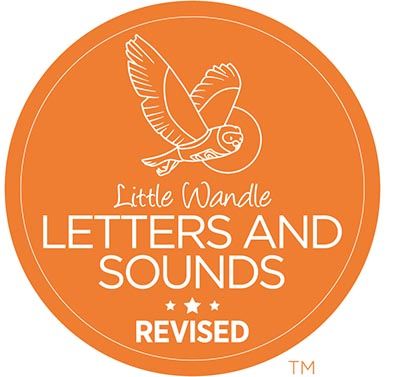
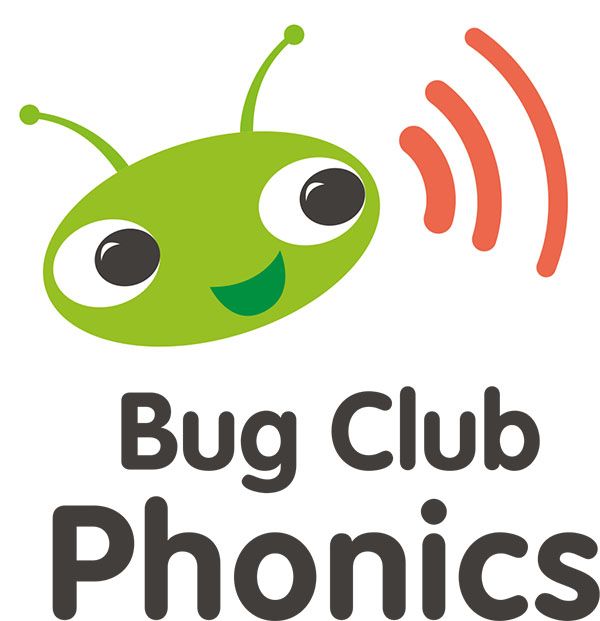


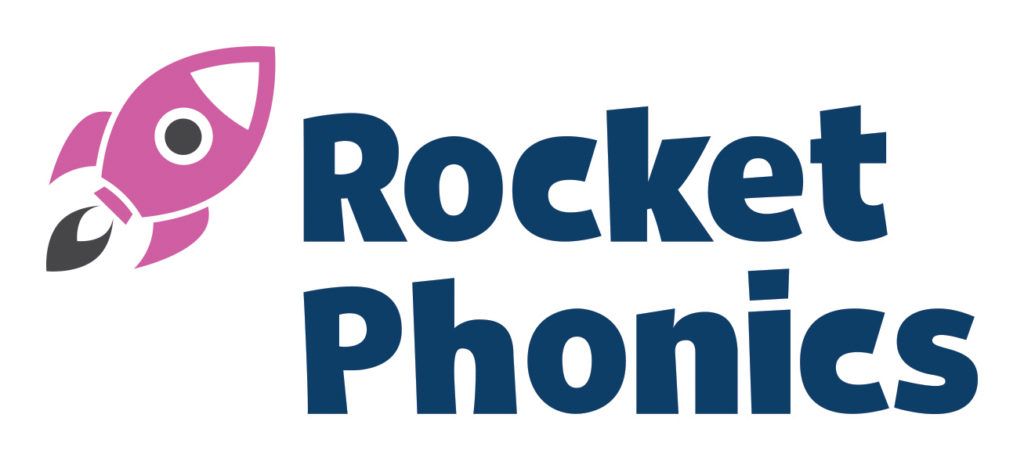
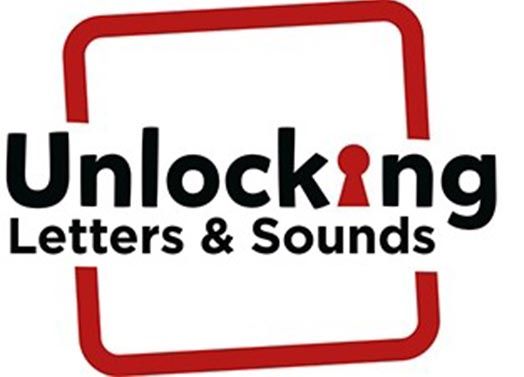
For more info on each programme, see our blogs:
- Ofsted Reading Deep Dive — Overview and Key Questions
- Phonics Mapping & Support Documents
- Phonics — A Quick Guide
Pupils who need the most support
The framework emphasises the importance of identifying pupils who need additional support early on (within 3 weeks of starting the programme) and offering support to them so they have additional opportunities to practice. Some children would benefit from a specialist programme such as the Little Wandle SEND programme.
Older Pupils who need to catch up.
‘The phonics programme a school chooses for catch-up provision should be an SSP programme, as for beginner readers. However, for older pupils who are still at the earliest stages of learning to read, schools might want to avoid SSP programmes specifically designed for younger pupils and consider age-appropriate lessons, as well as reading materials that develop pupils’ decoding and fluency.’
Some publishers of SSP’s also offer a catch-up programme for older pupils, such as Little Wandle 7+ or Read Write Inc. Fresh Start. You may wish to stay with the same publisher children are already familiar with by using their catch-up programme. However, this is not essential, what is key is to match the materials to the maturity of the child as well as to their phonic knowledge.
Browse Intervention Reading Schemes
Reading for Pleasure
The evidence of the impact of reading for pleasure on children’s life chances whatever their socio-economic backgrounds is clear, from numerous international studies over the years.
‘Extensive international research shows that being a frequent reader is associated with a range of academic, social and emotional benefits. Far more than pleasure is at stake. Multiple studies suggest that enjoyment is associated with higher reading performance. In effect, pupils who are reading regularly for enjoyment give themselves unofficial reading lessons, supporting their reading comprehension. Wide recreational reading expands pupils’ knowledge about the world and about language, as well as their understanding of subject-specific academic and technical vocabulary. Such knowledge eases their access to the whole curriculum. Higher performance in mathematics has also been found. Further, pupils who read regularly report heightened levels of social and emotional wellbeing. For many, reading is a form of relaxation, a place to escape everyday challenges, a source of entertainment. Reading allows readers to adopt new perspectives, develop empathy and become more socially conscious.’
However, reading for pleasure cannot be mandated, it must be chosen and schools should play a major role in making this happen. Access to quality books is key:
‘Teachers cannot improve reading skills without also taking account of, for example, ‘access to interesting and meaningful reading materials.’
Choosing and Organising Books
‘Every book in a book corner should be a mini-library, a place for children to browse the best books, revisit the ones that the teacher has read to them, and borrow books to read or retell at home. Every child should be able to spend time in their book corner. Children will want to share books with others, especially if they are ‘books in common’ that they know their friends have heard before. They will also be interested to look at books which feature well-known fictional characters or are new and tempting. Every book in a book corner should be worth reading aloud. The focus should always be on what would make the biggest difference to children’s reading habits, including:
• not displaying too many books at once
• refreshing the display
• making the books attractive and easy for children to find.’
Choosing Books to Read Aloud in the Early Years and KS1
All our early years' collections are ideal for reading aloud in class or taking home for parents to share with children. We have chosen the best, recently published books that are ideal for sharing again and again. This carefully selected mix of traditional and contemporary high-quality titles features a variety of language patterns and writing styles including rhyming stories, songs and poetry along with engaging illustrations and satisfying narratives.
‘Book-related talk introduces children to language that they might not hear in ordinary conversation, especially the vocabulary of the book itself. This primes them to understand what they read later, in their leisure reading and across the curriculum.’
Pandora Books collections for EYFS and KS1 are ideal for developing early language. Here are some of our key collections which will provide you with books to read in class and for children to take home to share with their families. Each of our books is fitted with a free protective cover, so it will last much longer and will be easier for parents to keep safe, locate and return to school. Ensure your library is stuffed with these fabulous books to draw upon and rotate for your classroom book corner:
‘In stories and other books children encounter others whose experience and perspectives are both similar to and different from their own.’
Our collections can support you with the Storytime Audit on p38 & p39 of the Reading Framework. Do also take a look at our blog: Encouraging Parental Engagement with Reading at Home
Books for Key Stage 1 children to read independently: Post-‘decodable’ books
Developing Fluency
Fluency develops gradually and whilst children are still learning to decode teachers will support their progress using the SSP programme that the school has chosen. However, once children have learnt to decode, they will start to widen their reading during lessons and beyond. We have lots of collections to support children in building fluency, packed with page-turners to encourage them to put in the reading miles. Our two non-fiction collections for this age group offer support learning across the KS1 curriculum and offer beautiful and varied books for children to read at school and re-read at home discovering the joy of independent learning. While many collections and books offer advice on bands and we also include optional stickers for schools to use, there is no need to restrict reading choices. However, guidance on levels can support teachers in placing just the right book in a child’s hands so that they’ll enjoy and be successful in reading especially at this early stage.
‘In one week, a pupil might choose to read, at school or at home, a picture book they have listened to in story time, a story from a series of easy page-turners introduced in book club time, a non-fiction text introduced in a history lesson, re-read their favourites from a book of silly poems and practise reading a challenging poem that the class have learnt by heart.’
Page Turners Long and Short
Non-Fiction from across the KS1 Curriculum
Browse all
Picture Books for KS1
Choosing Books for Key Stage 2 and Beyond
Once children are in KS2 and beyond, all the same strategies apply, children will be continually developing fluency and some will need support and encouragement to read and to enjoy reading, so they can access the content and the complexity and ideas explored in classroom texts and their own reading. All children will need access to great books, both fiction and non-fiction and both teaching in English lessons and across the curriculum should be supported by access to books to read independently.
‘The stage of pupils’ reading development and the purposes for which they are reading determine the types of books they need to read. These types are likely to include:
- ‘decodable’ books/texts for learning to read
- books for pupils to read independently (post-‘decodable’ reading books):
- picture books, including graphic novels for older pupils.
- ‘page-turners’, both long and short
- literature
- books/texts for the wider curriculum, including non-fiction
- ‘hi-lo’ books.'
- The main school library must contain inspiring texts for children whatever they want to read, including classic and contemporary literature, page-turners at all levels, age-appropriate hi-lo texts for catching up, engaging non-fiction, poetry and picture books.
- Teachers should showcase a smaller selection of these books in their classrooms (that is regularly refreshed) to prevent overwhelming pupils.
- Teachers should promote reading for pleasure by making time for reading aloud (at least 20 minutes four times a week), promoting book discussion, recommendations and discovery in ‘Book Club time’.
- Intrinsic rewards for reading work best (hearing great stories, talking about books, sharing stories) rather than extrinsic one’s such as points or prizes.
Links:
- Decodable Books — Browse Reading Schemes
- Independent Reading (Post-Decodable Books) — Browse Reading for Pleasure
- Literature — Browse Guided Reading
- Hi-Lo Books for Readers who need more support — Browse Reading Support
Literature
‘Engaging pupils in literature gives them access to all the things we can learn from great books and stories. They should read, listen to and talk about contemporary and classic writing by a broad and diverse range of authors, where the depth of ideas and language allows for rich discussion and study. All pupils should encounter characters, situations and viewpoints that mirror their own lives, so they understand that they matter. Books, however, should also give them a window into the lives of others. For some pupils, stories might be the only place where they meet people whose social and cultural backgrounds and values differ from their own. These books should be introduced in English lessons, story times and book clubs, and used to support subject knowledge development.’
To hold a mirror up to children’s own experiences and a window up to the experiences of others we recommend the following book collections:
Pandora Books offer classic and contemporary literature through our Guided Reading range from Badger Learning. All the books offered contain rich language, big ideas and have the potential to develop pupils’ wider knowledge. They can be used in English lessons for guided reading (with handy teaching resources to support questioning and deeper comprehension of the text) or as whole class readers for story times and book clubs. As these packs contain six copies of each book they are perfect to encourage the re-reading of familiar books and can be stored in classroom libraries or sent home.
We also offer a collection of Prizewinning and Notable Non-Fiction, stunning books to excite and captivate readers, and our Spring, Summer and Autumn Termly Highlights collections where every book meets the criteria for high-quality texts, is a superb example of their genre, can be appreciated and discussed in depth and is enjoyable and rewarding to revisit.
Keeping all Pupils Reading
Ensuring the school library is packed with great page-turners, short and long reads, along with picture books, graphic novels and poetry suitable for all ages, groups and abilities isn’t easy. Pandora Books’ expertise can help you. We offer year group packs for all stages of primary school so you can ensure you have the right balance of books within the library. Each Best New collection contains a mix of page turners to encourage pupils to put in the reading miles, books to appeal to different tastes and interests and books with greater depth and more complex language and ideas. You will know your pupils’ needs and interests best, so we also offer collections by year group or key stage to Boost Reading, give Confident Readers something they’ll love, Get Boys Reading, inject books that offer Diversity and Inclusion, or even Explore other Countries through Fiction. Non-Fiction has long been a speciality both for curriculum support and for independent discovery. Whilst we don’t classify our books by length, teachers buying our collections will know the year group and key stage they are generally for (both lexically and in terms of maturity) and can allow pupils to choose freely from a wide range in the library, knowing that the school stock offers an appropriate balance of books for all pupils.
‘Pupils must be offered a feast of books: easy reads, books about how things work, graphic novels, joke books, irreverent books, books about animals — anything that might hook them into reading — as well as the more challenging books they will listen to in story times and study in English lessons. For some pupils, the hook into reading may be non-fiction, for example, a book on climate change recommended by a science teacher. Importantly, they need to be offered books they might choose to read over and over again.’
The school’s central library
‘A school’s library is, in effect, its main bookshop. Categories for organising a school library’s stock might include:
- core literature by year group (multiple copies for lessons)
- non-fiction by subject and year group where books support the curriculum
- picture books for younger readers
- picture books and graphic novels for older readers
- poetry books; younger readers; older readers
- very short page-turners (can be read by young readers or older readers who need extra practice)
- short page-turners (can be read by young readers or older readers who need extra practice)
- long page-turners (can be read by young, advanced readers or older readers)
- short ‘hi-lo’ non-fiction (can be read by young readers or older readers who need extra practice)
- longer hi-lo fiction (can be read by young, advanced readers or older readers)
Fiction and poetry might be ordered alphabetically in broad age-ranges. Teachers might define the ages of ‘younger’ and ‘older’ readers.’
Links:
- Reading for Pleasure Book Collections
- Primary Reading Book Collections
- Topic Book Collections
- Books for Reading Support
Books and Other Material for Subject Lessons, the Wider Curriculum, Including Non-Fiction
The guidance emphasises the importance of age-appropriate, high-quality books that support the topics children will be learning in the curriculum. These books can be used in class and sent home as reading books.
‘The curriculum should include books and other texts to support the content in each history, geography, and science lesson. Without books to read, pupils are dependent on remembering what the teacher says. Reading ‘about’ gives a purpose to reading, increases pupils’ reading miles, develops their knowledge and understanding, and can be source of engagement and motivation for many pupils. This is true whether a pupil is seven or fourteen.
‘Reading across the curriculum supports the knowledge and vocabulary to be learnt each subject. Each subject has its own purposes and will need different types of texts. They should be accessible and written at an age-appropriate interest level to encourage pupils to learn more about a subject.’
Browse Non-Fiction for Reading Collections
Links
Hi Lo Books and Reading Support — Browse Collections
Developing a Reading for Pleasure Culture
The framework is clear that teachers play a vital role in promoting books and reading to pupils. Daily story time or Book Club is key to this: ‘Teachers should consider providing story time for every key stage 2 class, at least four times a week for 20 minutes.’ This is an ideal time to promote and excite children about books, encourage discussion and peer recommendations. There is also emphasis on staying in the story, so that the teacher elicits responses from open questions responding emotionally to texts rather than traditional comprehension questions that may ‘break the spell’. Senior Leadership need to be on board to support the timetable for daily reading and book clubs and ensure that the school has sufficient high-quality reading materials to make this effective.
Reading Aloud to Pupils
‘Reading aloud fosters positive attitudes, enhances pupils’ motivation to read, and develops vocabulary and other knowledge, including of books, authors and genres that they might not choose to read for themselves. It also contributes indirectly to their fluency, as they listen to an accomplished reader bring a text to life.’
‘Promoting books for book club
- Know the books you want to promote, the pupils’ interests and the books they like.
- Recommend books with similar themes, settings and characters: ‘If you liked this book, you might also like ...’
- Find series of books by the same author or illustrator.
- Promote other teachers’ and the headteacher’s suggestions.
- Display your own pupils’ reading selection in a ‘story suitcase’.
- Read a teaser from a book that will be arriving soon.
- Remind pupils of the books that you have read in story times.
- Invite pupils to register to read a book, such as one that has just been read to them, e.g. signing up on a list or reserving that book for later. This can initiate conversations about the book between peers who have read the same text. Increase anticipation for book club.
- Encourage anticipation for the book club. Show excitement about and interest in the books you are going to share.
- Choose those that are appropriate for pupils at different reading levels and that might interest different children. For each book teachers could:
- Reveal the cover, author and illustrator.
- Introduce the type of book commenting on whether it is a short or long read.
- Describe the setting or a few key characters.
- Read part of the opening, at least to a point where pupils would want to carry on reading by themselves.
- Read some dialogue aloud to introduce characters and bring them alive.
- Read intriguing extracts that might be key to the plot, without giving too much away.’
Browse Reading for Pleasure Collections
Resources
Pandora Books offer free downloadable Library posters and colour-in bookmarks ideal for keeping hands busy while listening to a story and generating enthusiasm about reading and shared reading resources to encourage discussion and delving deeper into the text.
Head Teachers and Leaders Supporting Reading
‘The headteacher takes responsibility for building a strong reading culture. The headteacher believes that virtually all pupils can learn to read, regardless of their background, needs or abilities, and acts to make this happen. Professional development, including training, practice and coaching, is planned and effective so all staff become experts in teaching reading. The literacy/reading lead has expertise in and experience of teaching phonics. The literacy/reading lead has sufficient, dedicated time to fulfil the role.’
The guidance puts reading at the heart of the school, seeing it as an engine to transform outcomes for children in primary school and beyond. For a helpful, up-to-date resource that both sets out the evidence for school libraries, library training and high-quality books and collates information on how to put this into practice in your school please download our resource: School Leaders Supporting Libraries.
Please also see our blogs:
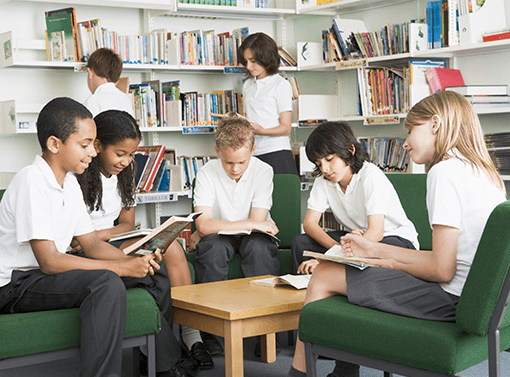
Books to Support the Reading Framework (July 2023)
The updated Reading Framework sets out guidance on the teaching of reading in schools. It draws on…

